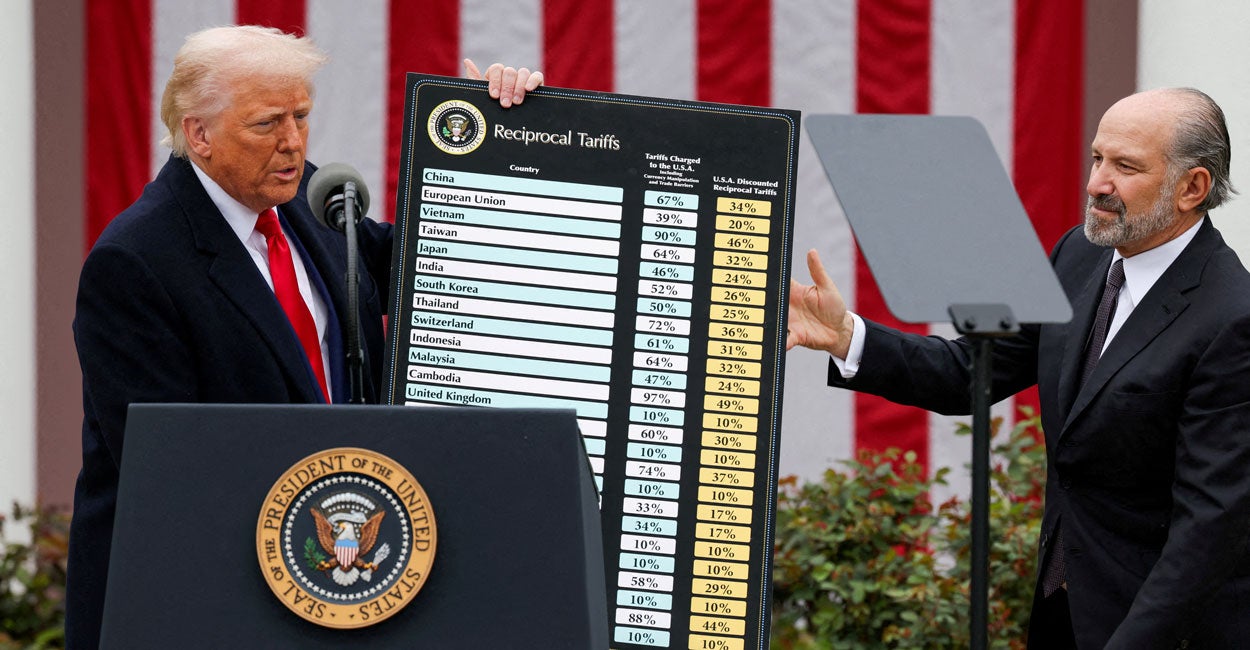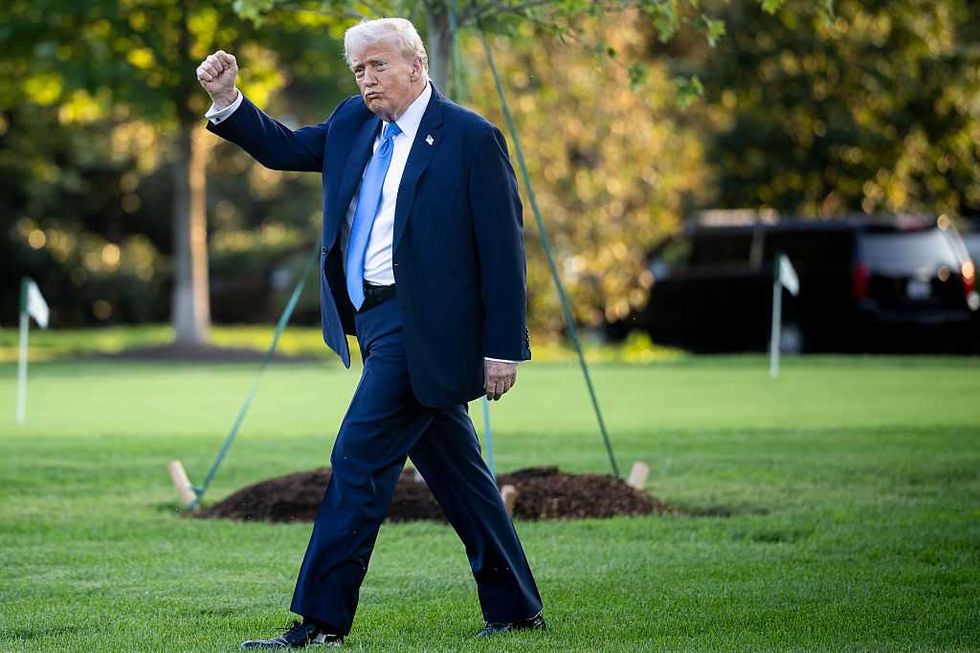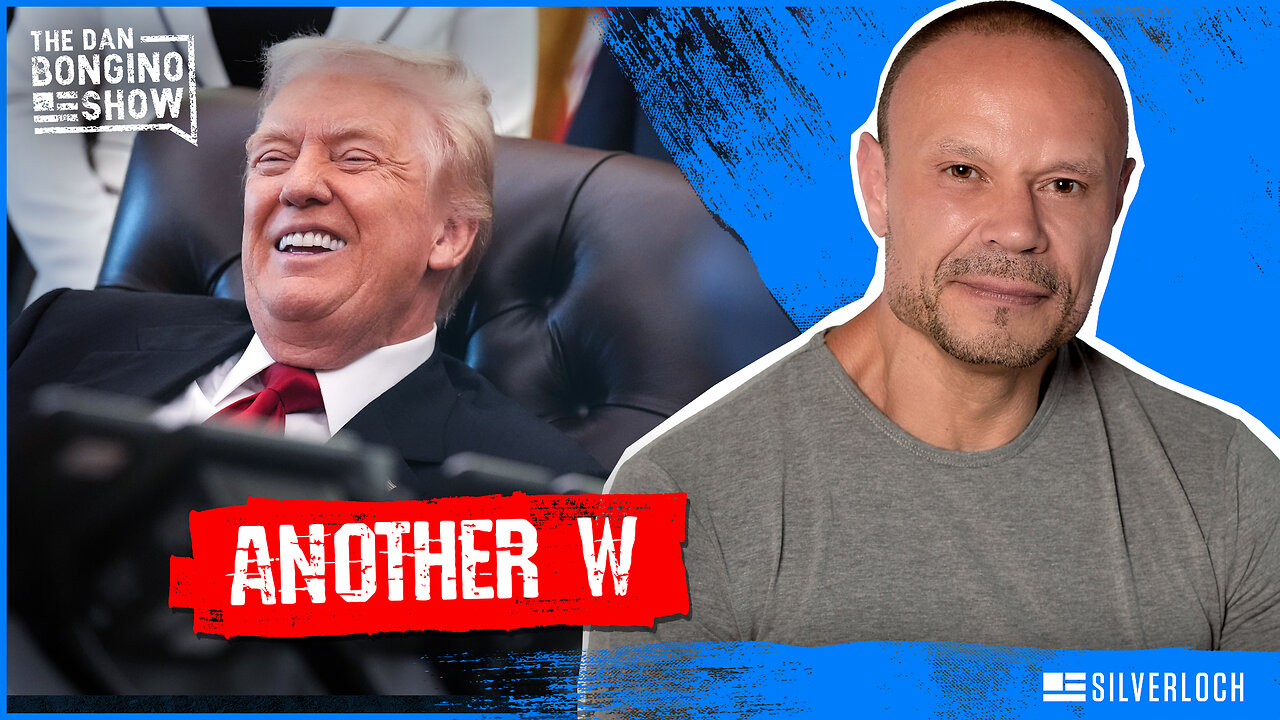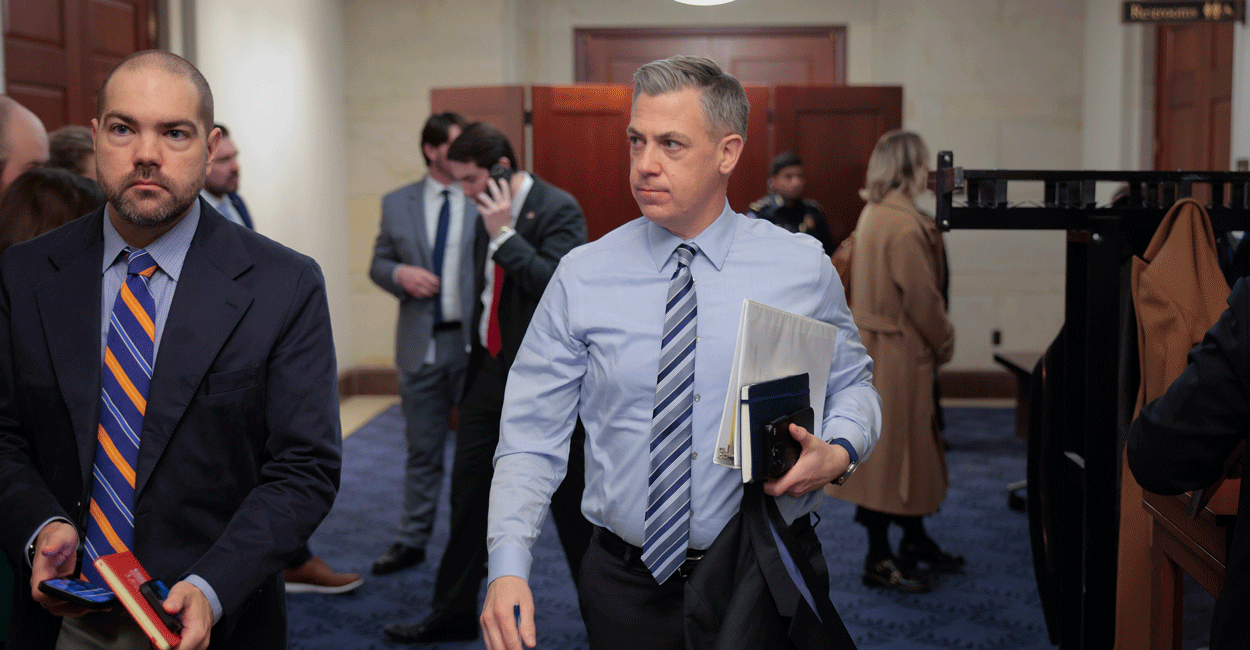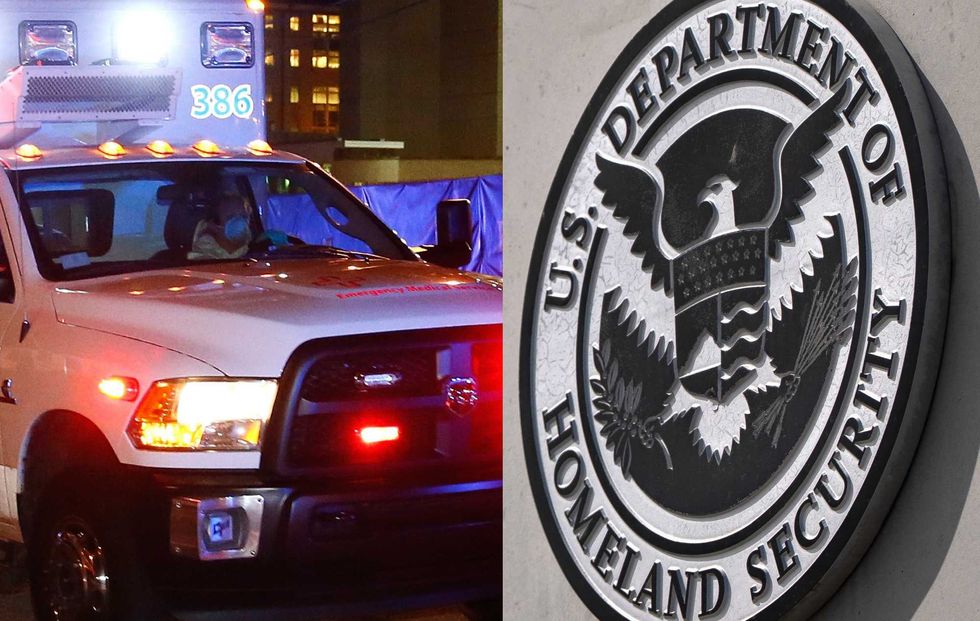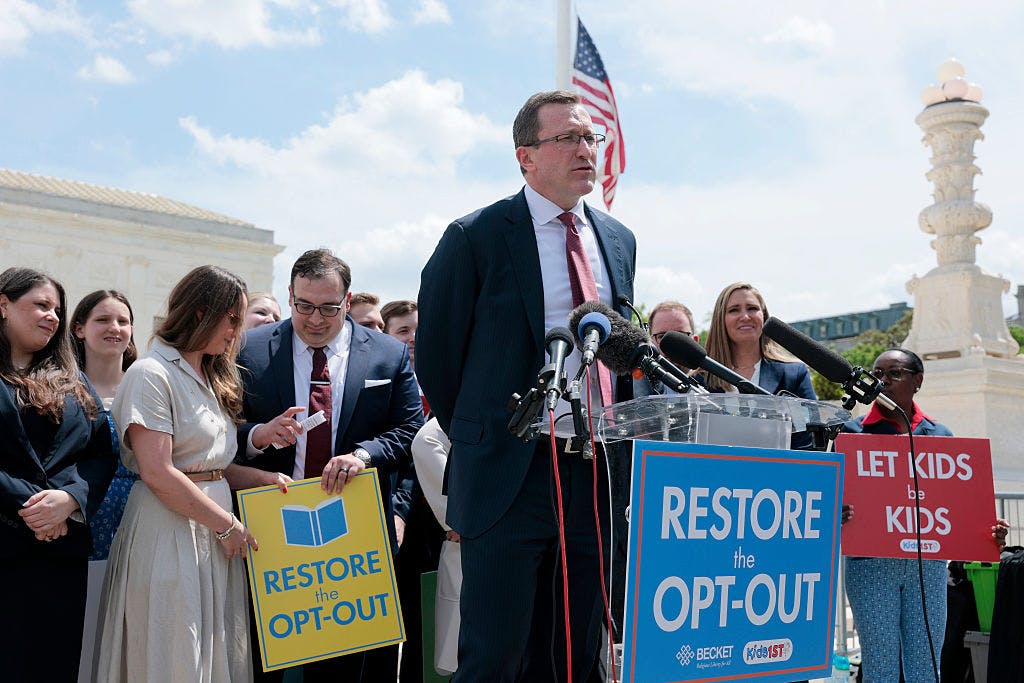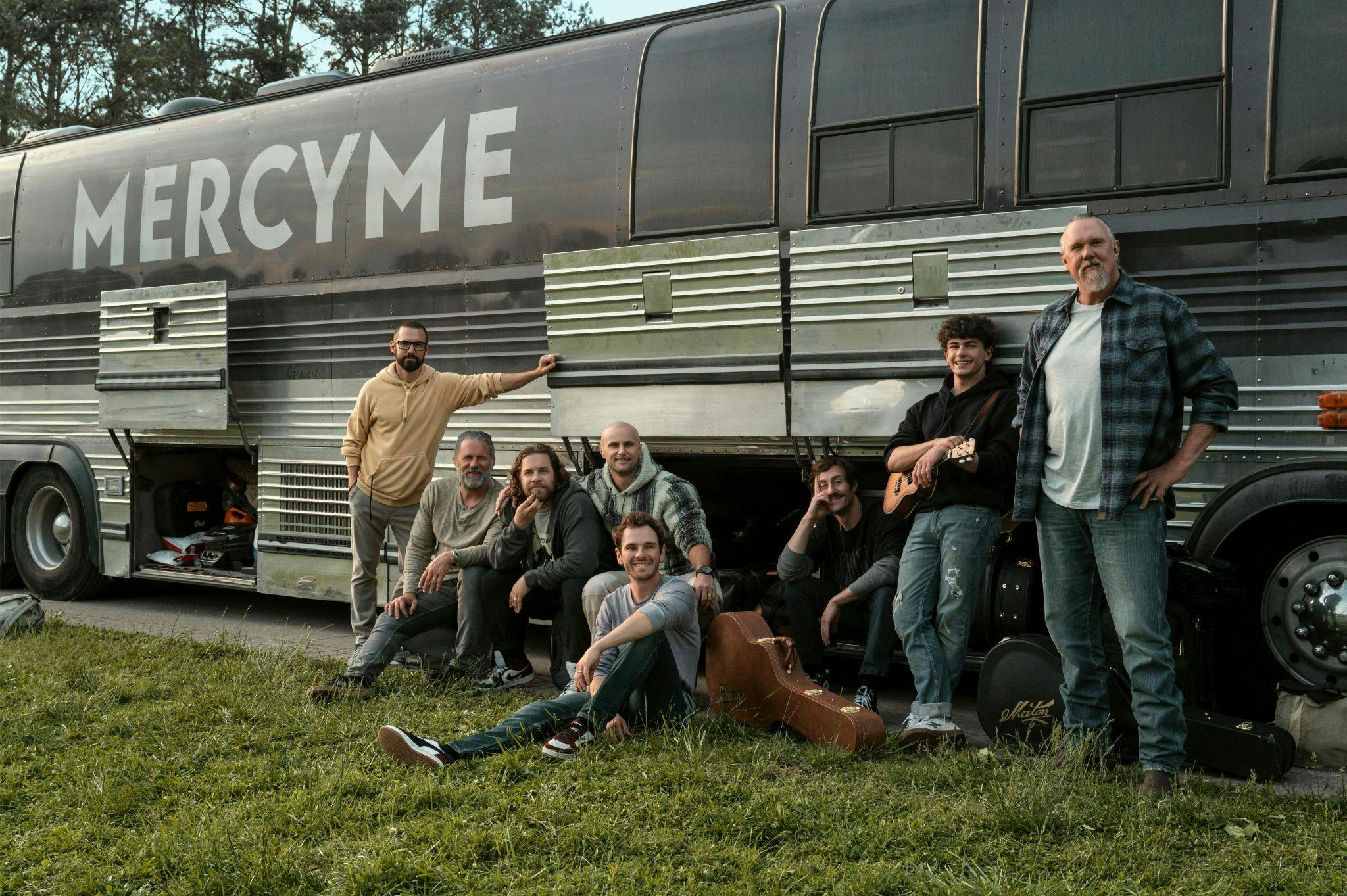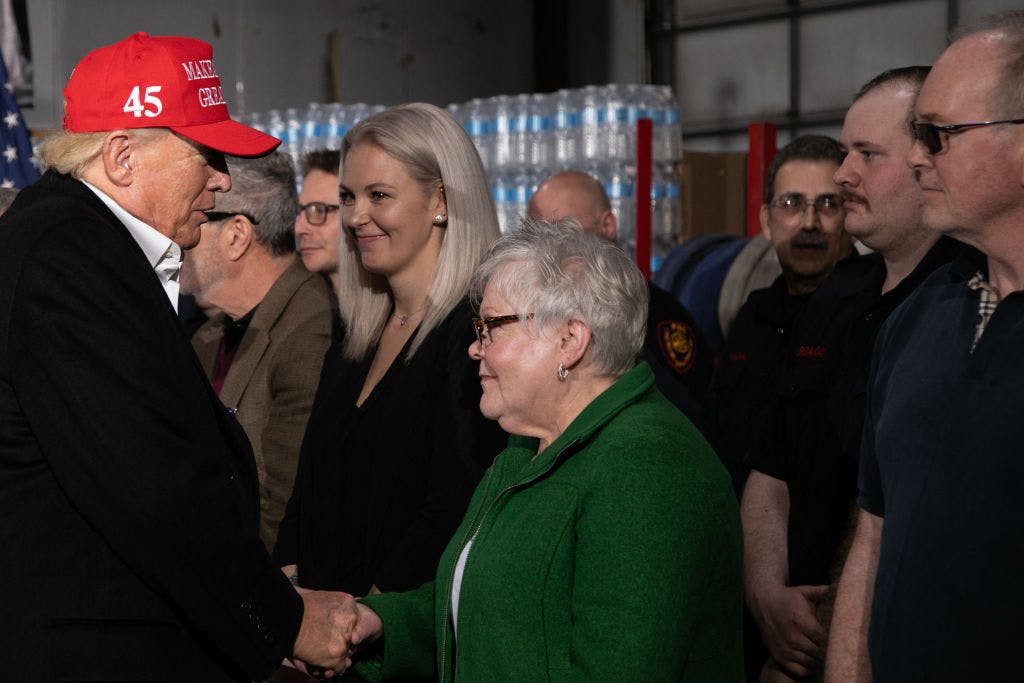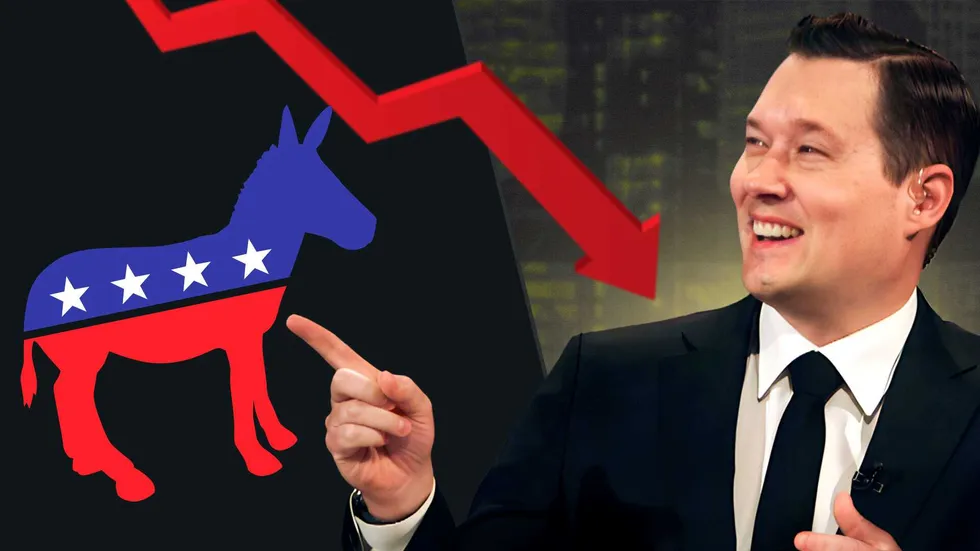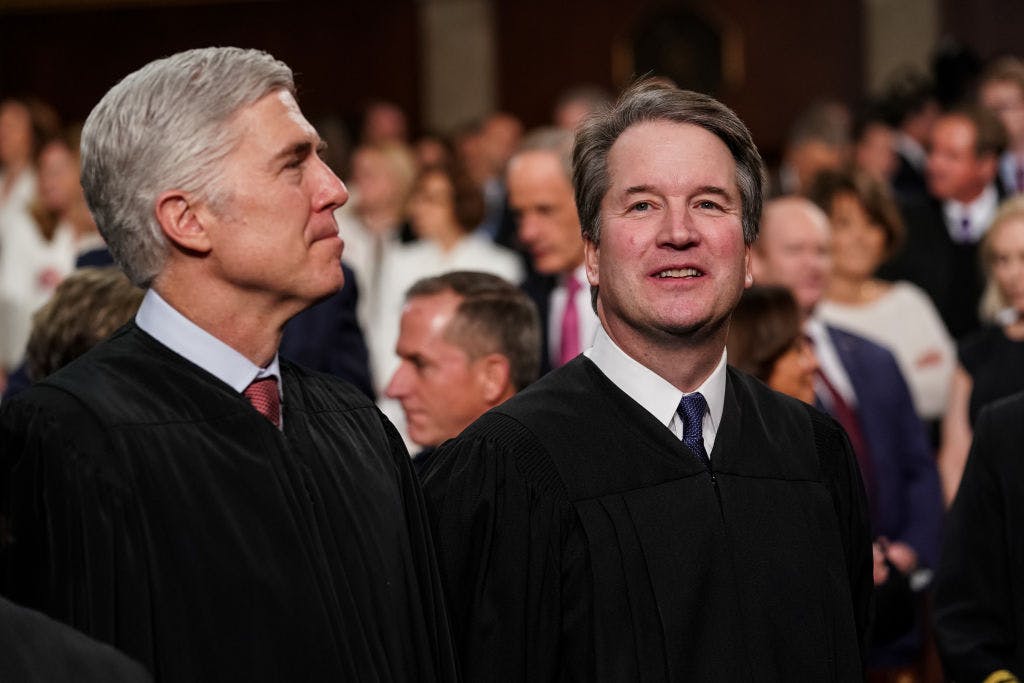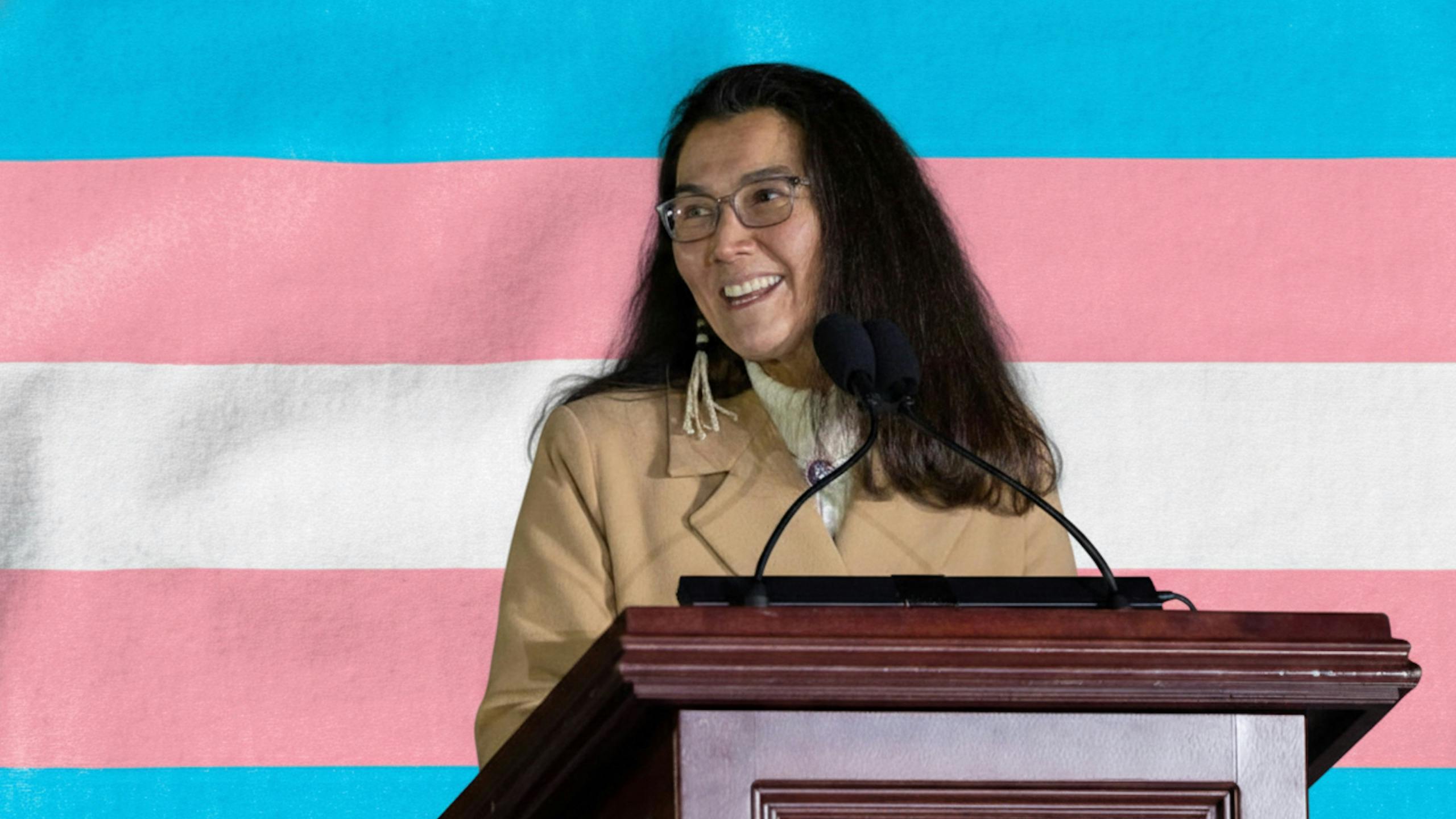The hidden hospital scam driving up drug prices, coming to a state near you
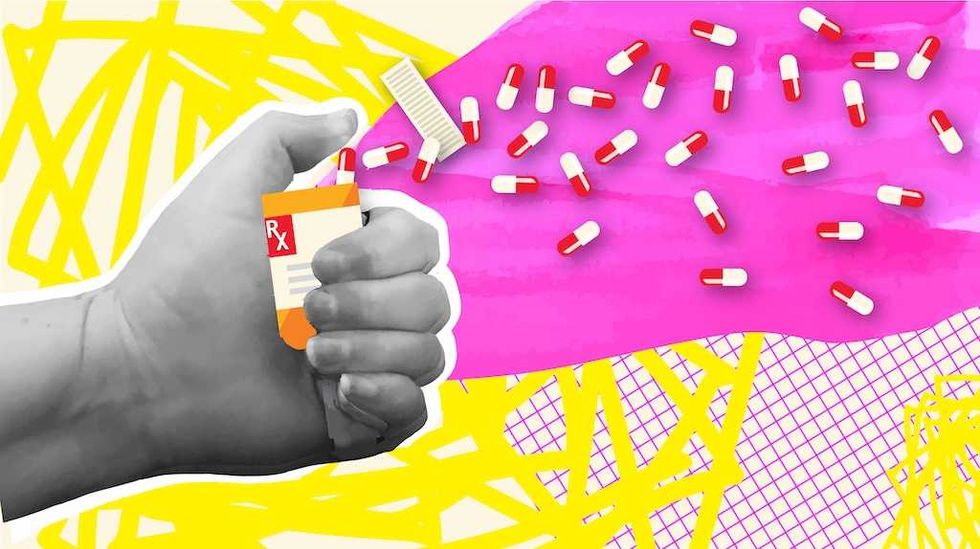
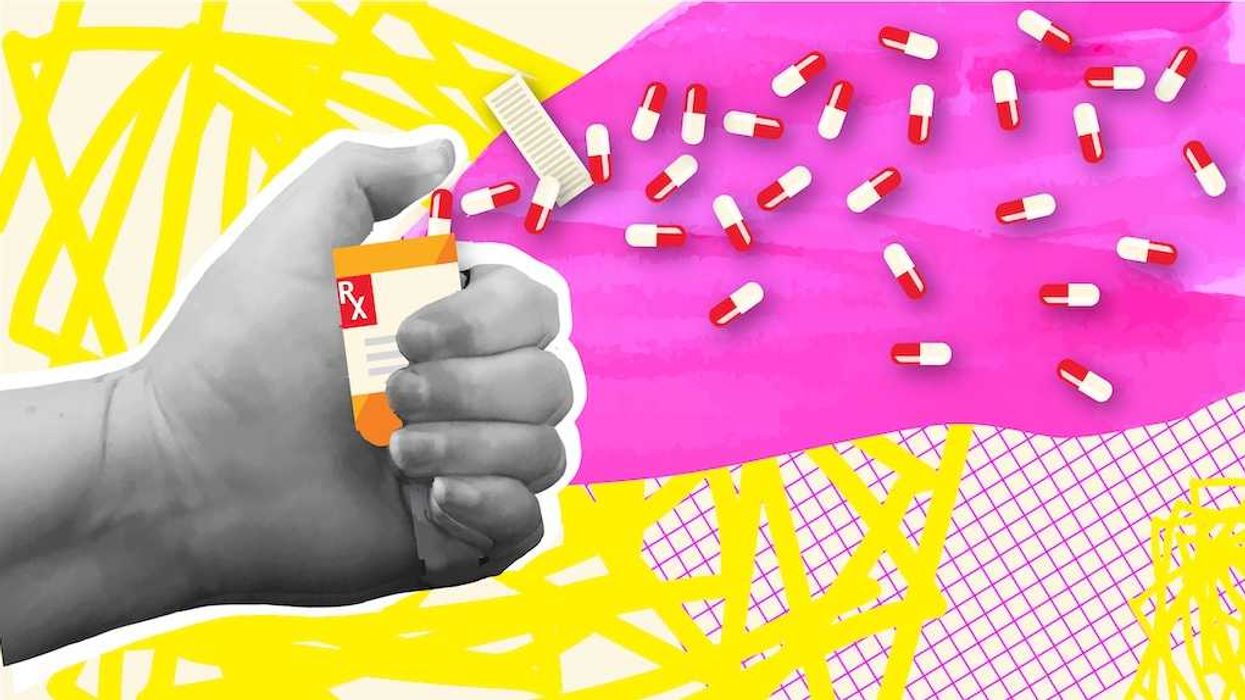
Kansas lawmakers are debating whether to expand health care providers’ access to the federal 340B drug pricing program. If passed, Senate Bill 284 would hand even more power to large hospital chains while shrinking consumer choice. It would also deepen the program’s existing problems — lack of accountability, rising costs, and market consolidation — all without helping the patients it was supposed to serve.
Live Your Best Retirement
Fun • Funds • Fitness • Freedom
The 340B program, created in 1992, was meant to help safety-net providers serving uninsured and low-income patients by requiring drug manufacturers to sell medications at steep discounts. Today, it has ballooned into the second-largest prescription drug purchasing program in the United States, behind only Medicare Part D, costing $66.3 billion in 2023.
The 340B program no longer fulfills its stated purpose. It fuels industry consolidation, drives up costs, and reduces access to care — especially in rural communities.
SB 284 would make that worse. The bill would block drugmakers from denying access to certain drugs, reduce transparency, and discourage innovation. It would do nothing to stop hospitals from exploiting the program. Instead, it would encourage them to expand the same practices that drive up costs for Kansans, small businesses, and rural health care providers.
The 340B shell game
The myth behind 340B is that big health systems use their windfalls to support rural hospitals. The reality is the opposite. As 340B has expanded, rural hospitals have closed by the dozens. The law’s original purpose — to subsidize drug purchases for clinics that serve the needy — has been lost.
What began as a narrow, temporary safety net for vulnerable populations has evolved into a profit engine for massive hospital systems. Many 340B participants today are large urban hospitals, cancer centers, and wealthy institutions that do little charity care. Once a hospital buys an outpatient clinic, it can immediately declare that clinic 340B-eligible, regardless of the patients it serves. Those discounted drugs can then be billed at full price to insurers or government programs, and the hospital keeps the difference.
Federal watchdogs, including the Government Accountability Office and the Office of Inspector General, have repeatedly documented the program’s lack of oversight. Hospitals aren’t required to report how they use 340B revenue or whether they pass savings on to patients.
The rich get richer
Hospitals buy drugs cheap, bill high, and pocket the profits. Those profits fund expansion — not lower costs for patients. The lure of easy money drives hospital consolidation across the country. Smaller, independent clinics — often more efficient and affordable — can’t compete with heavily subsidized giants and are forced to sell out.
This pattern has repeated hundreds of times nationwide, inflating 340B spending and diverting subsidies far from the low-income patients the program was meant to help. Since 2014, when 340B abuse accelerated alongside the Affordable Care Act, nonprofit hospitals have gone on a buying spree, snapping up local clinics, raising prices, and squeezing out independent providers.
Each participating hospital can also contract with hundreds of retail pharmacies, creating sprawling networks that capture 340B discounts far removed from any needy patient. The result is “mission creep” on a massive scale — a program once justified by compassion now serves as a revenue stream for billion-dollar systems.
Instead of cutting costs, 340B creates a hidden subsidy that enriches institutions while obscuring the real price of care. Worse, some hospitals use their freed-up funds to expand abortion and gender-transition services, sidestepping Hyde Amendment restrictions on federal money for those procedures.
RELATED: Dr. Oz exposes the nonprofit lie at the heart of US health care
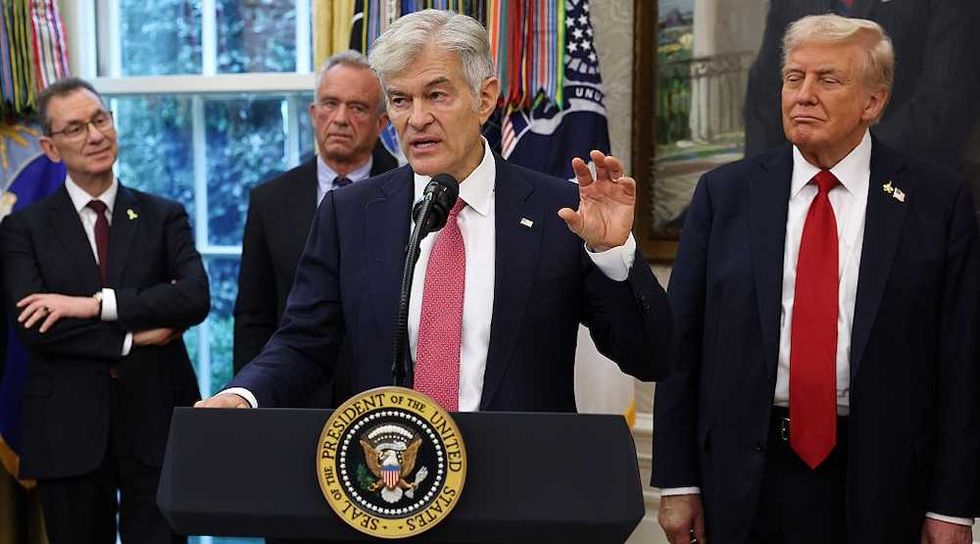 Photo by Win McNamee/Getty Images
Photo by Win McNamee/Getty Images
A program beyond saving
The 340B program no longer fulfills its stated purpose. It fuels industry consolidation, drives up costs, and reduces access to care — especially in rural communities. Expanding it in Kansas would cement a broken system, trapping the state in a cycle that benefits hospitals and harms taxpayers.
Congress and the Trump administration are working to reform 340B and Medicare to curb waste and corruption. Kansas lawmakers should follow that lead. Instead of handing big hospital chains another windfall, they should restore accountability, competition, and transparency — so that health care serves patients, not institutions.
Originally Published at Daily Wire, Daily Signal, or The Blaze
What's Your Reaction?
 Like
0
Like
0
 Dislike
0
Dislike
0
 Love
0
Love
0
 Funny
0
Funny
0
 Angry
0
Angry
0
 Sad
0
Sad
0
 Wow
0
Wow
0


